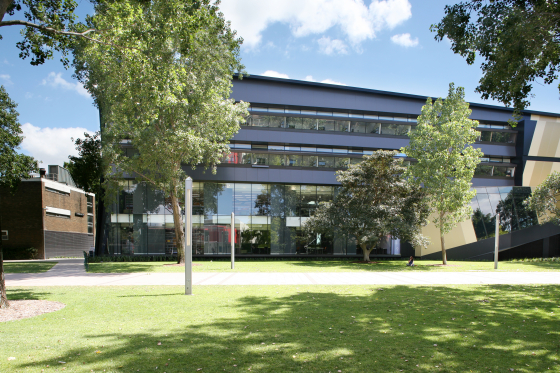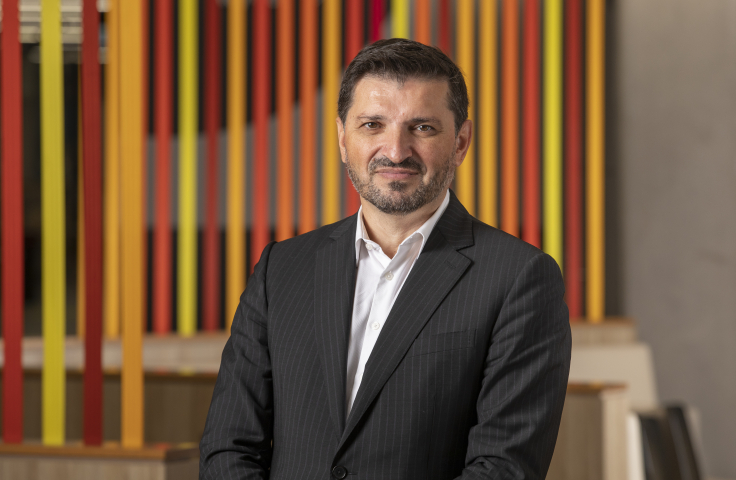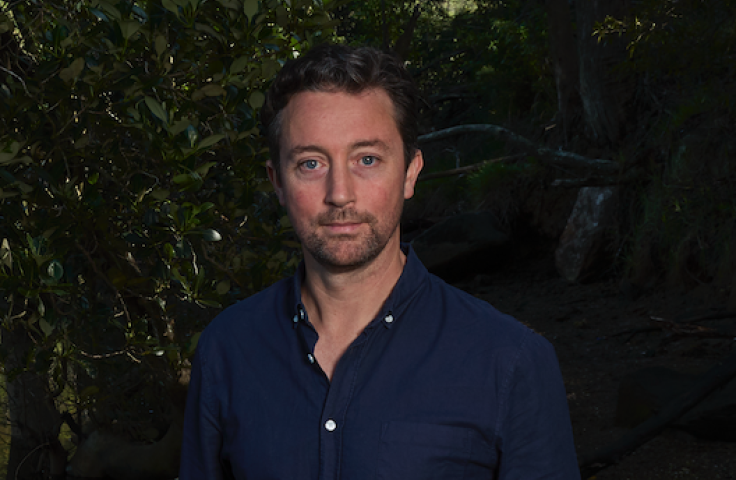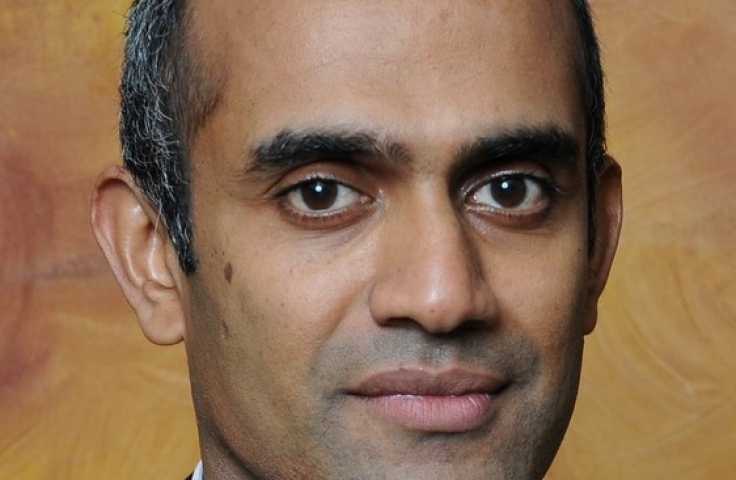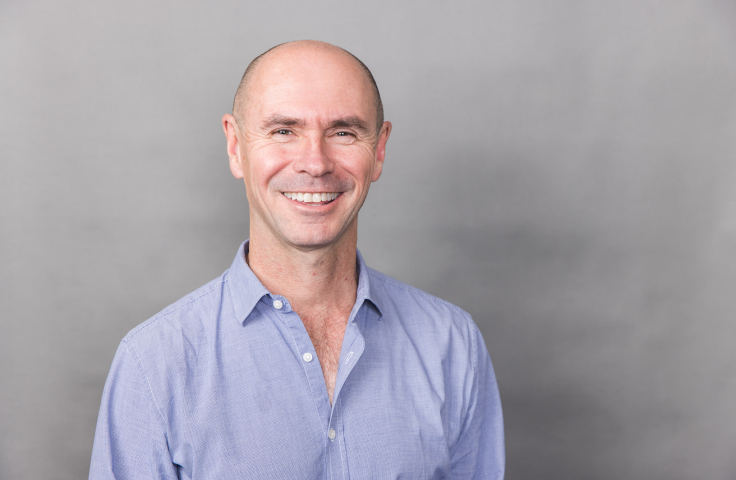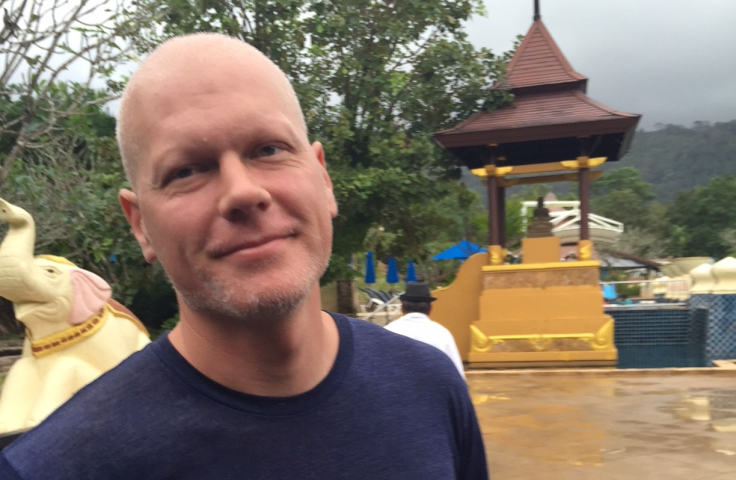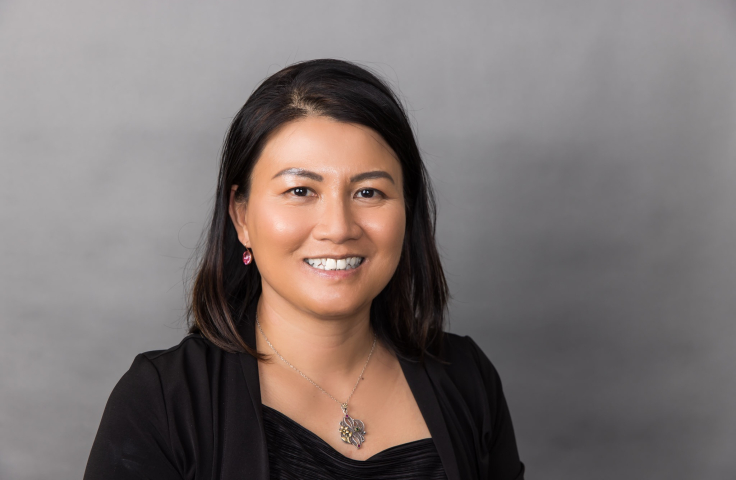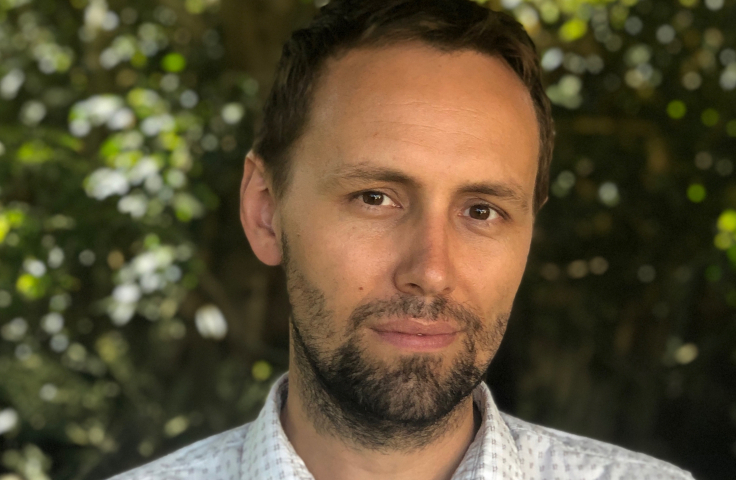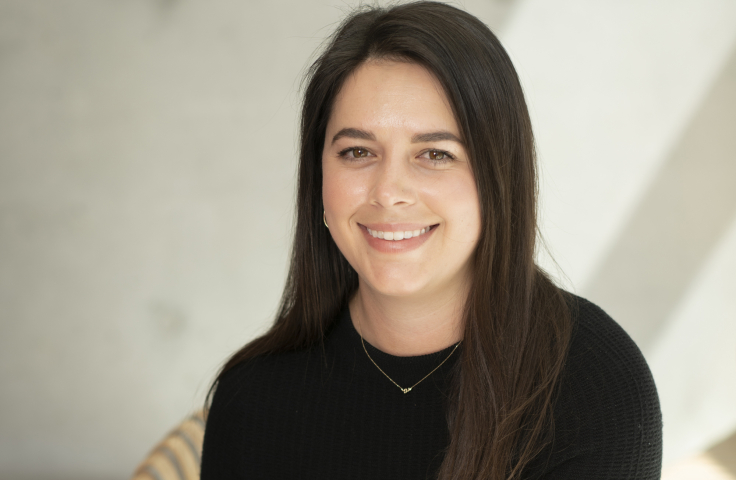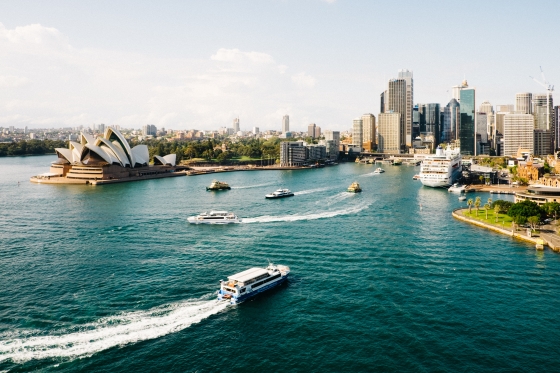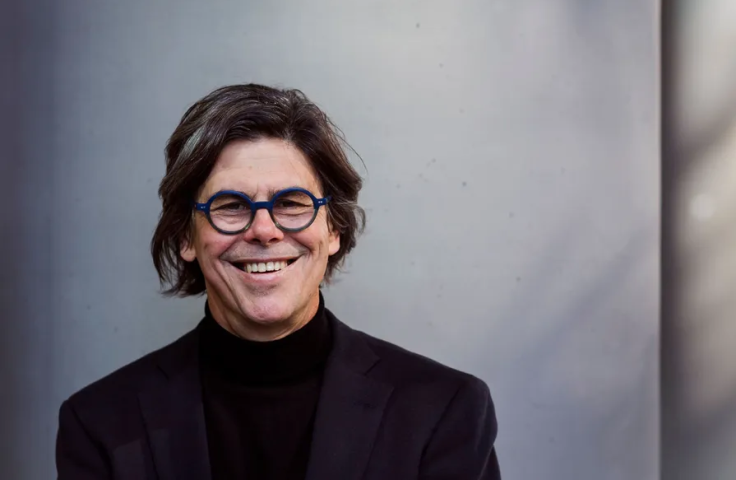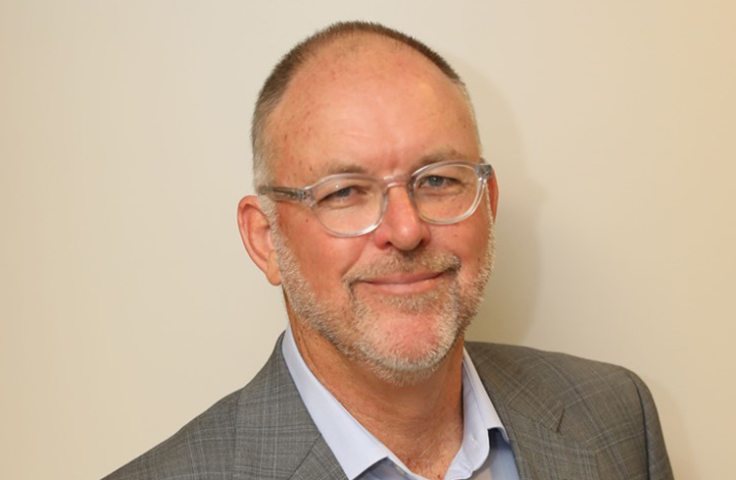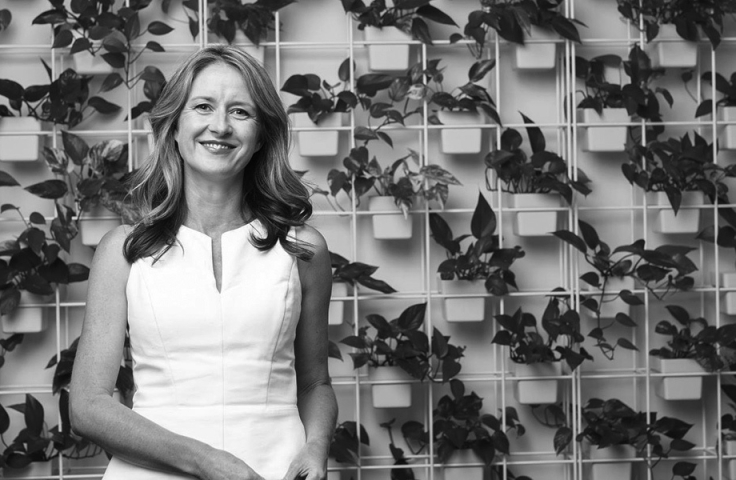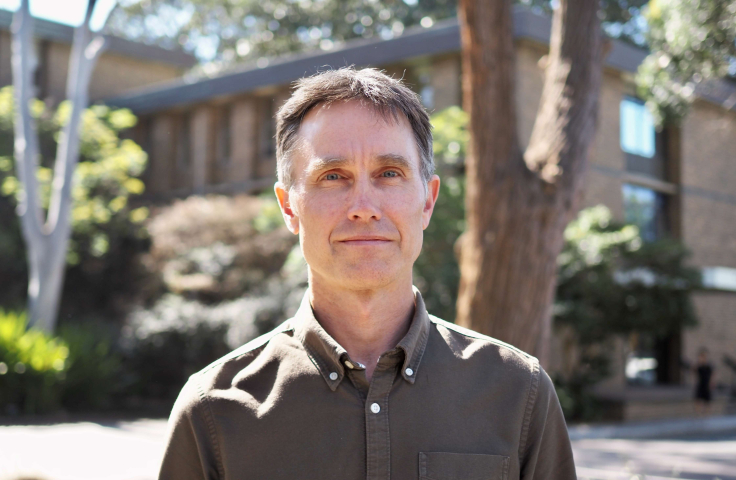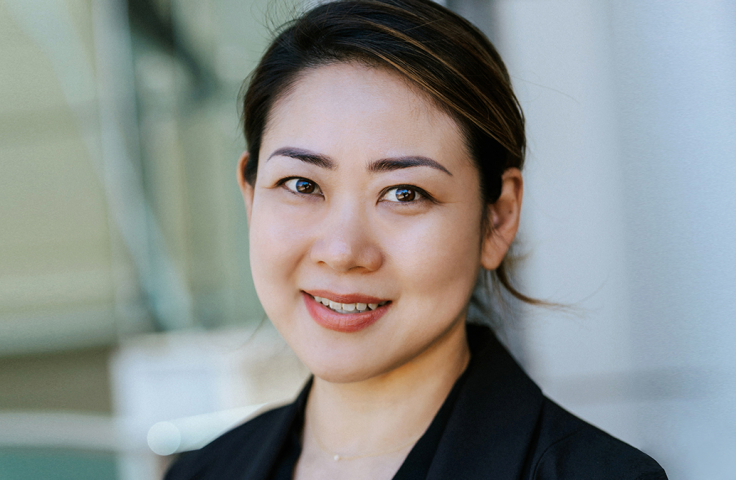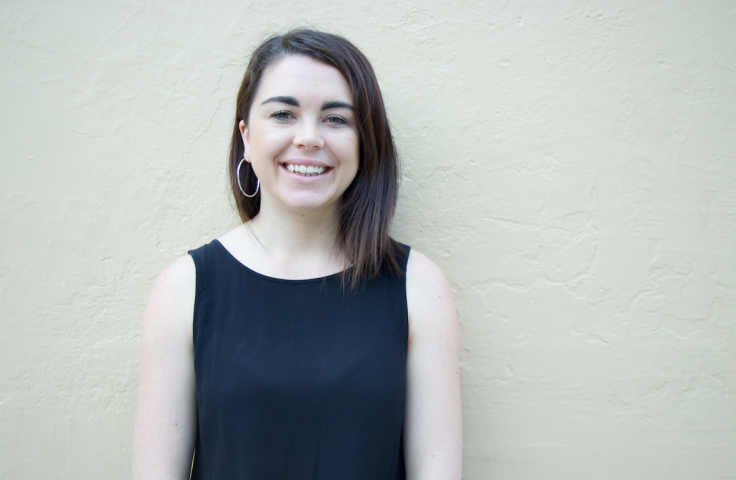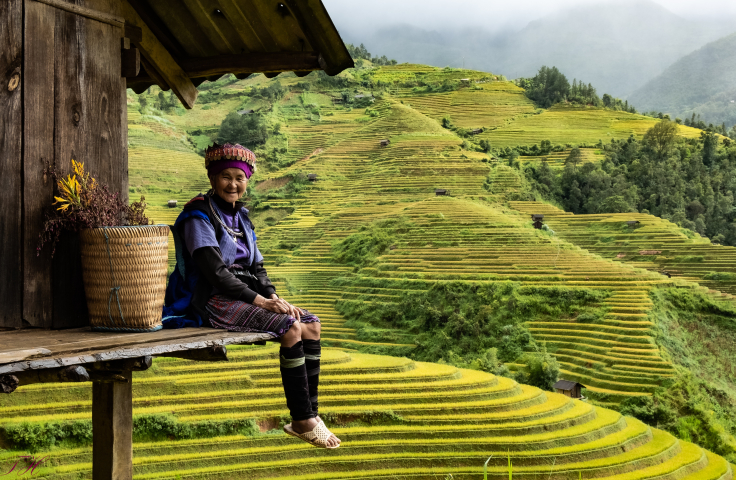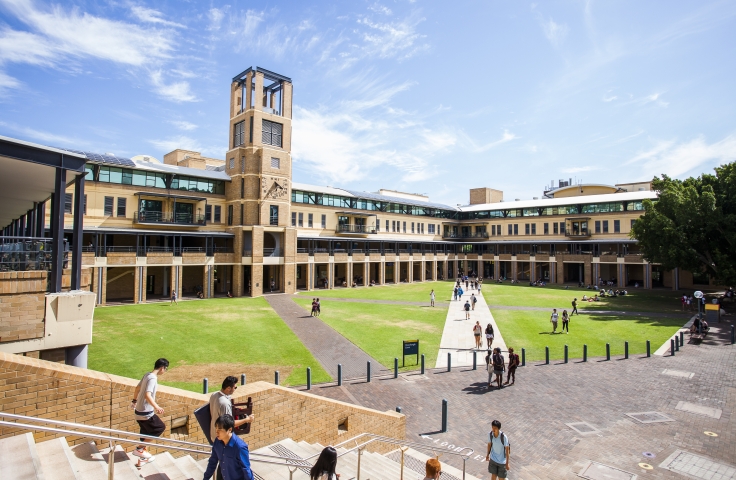The Times Higher Education Global Sustainable Development Congress (GSDC) will bring together 3000 global thought leaders and innovators to discuss urgent solutions to the sustainability emergency. Challenging the usual thinking on what higher education, governments, businesses and society must do to help society meet the United Nations’ Sustainable Development Goals (SDGs), the congress is a call to action for global universities and businesses to pivot their educational, research, innovation and outreach programmes towards tangible outcomes.
UNSW is a content partner for the GSDC, which takes place in Bangkok, Thailand from 10-13 June 2024.
The congress will serve as a platform for discussing and advancing the SDGs on a global scale. UNSW staff who are passionate about sustainability and actively engaged or interested in SDG-related research, projects, and initiatives may wish to attend as part of the UNSW delegation.
To explore the full agenda, visit the Times Higher Education event website.
UNSW is increasingly a trusted partner and source of expertise in the Asia Pacific and will participate in the GSDC, sponsoring and leading two events – a roundtable and a workshop - which are being coordinated by the Institute for Global Development as a convenor of UNSW’s sustainable development expertise and regional partnerships to progress the SDGs.
More information on the two events is below.
Each faculty has been allocated access to at least two discounted tickets for staff who would like to attend the congress.
It is up to each faculty to determine how they will allocate the discounted tickets, based on factors including the relevance of your work to the event and budget.
Faculties may choose to send additional in-person delegates with full price tickets or allocate additional virtual tickets, which are available to UNSW at a discounted rate.
Please contact your faculty SDG representative/s to discuss your local approach:
|
Faculty |
Contact/s |
|
Arts, Design & Architecture |
Josh Wiesberger, Philip Oldfield |
|
UNSW Business School |
Nitika Garg, Rhiannon Tout |
|
UNSW Canberra |
Tom Arthur |
|
Engineering |
Rita Henderson, Bo Hedwards |
|
Law & Justice |
Bronwen Morgan |
|
Medicine & Health |
Sara Grafenauer, Emily Hogden |
|
Science |
Katie West |
Two UNSW-hosted events
Roundtable: Water, energy, and food goals post 2030: Can carbon be the currency to a just world?
Tuesday 11 June, 12-1pm (UTC+7)
Sustainably meeting global water, energy and food (WEF) challenges requires aligning global CO2 emission pathways with WEF goals post-2030. With this comes the opportunity for social justice. The approach must bring together traditional knowledge and capacity across water-food systems and new technology uptake to satisfy growing national energy demands. Carbon mitigation must empower communities and traditional land practices to foster water, energy, and food security while supporting biodiversity and valuable ecological services.
Co-hosted by UNSW and the United Nations Development Coordination Office –Asia Pacific, this roundtable discusses lessons and approaches that align both WEF and carbon strategies in addressing global inequality.
Roundtable speakers
Scientia Professor Vlado Perkovic
Scientia Professor Vlado Perkovic
Dr Andrew Dansie
Dr Andrew Dansie
Associate Professor George Varughese
Associate Professor George Varughese
Professor Greg Leslie
Professor Greg Leslie
Professor Dan Robinson
Professor Dan Robinson
Professor Cordelia Selomulya
Professor Cordelia Selomulya
Dr Ben Milligan
Dr Ben Milligan
Dr Emma Lovell
Dr Emma Lovell
Workshop: The last urban migration and a post-SDG agenda for cities: What do we measure and for whom?
Wednesday 12 June, 12-1.30pm (UTC+7)
The Asia-Pacific region is home to almost half the world’s population. Its growing youth demographic and burgeoning middle class exemplify the rapid socio-economic and demographic shifts that constantly reshape cities. There is urgency around enabling city systems to transition at pace to respond to complex legacies of settlement, marginalisation and neglect. This workshop will bring together practitioners, scholars and those with lived experience from across the region to draw out priorities for a post-SDG agenda for cities. It will explore key stressors through the lens of intergenerational equity, Indigenous knowledge, policy drivers and the role of measurement that matters.
Workshop speakers
Professor Peter Poulet
Professor Peter Poulet
Michael Rose AM
Michael Rose AM
Associate Professor Melissa Edwards
Associate Professor Melissa Edwards
Professor Ben Newell
Professor Ben Newell
Dr Jinhee Kim
Dr Jinhee Kim
Keziah Bennett-Brook
Keziah Bennett-Brook
Questions
For any general enquiries please contact Rebecca Martin and Meg Walker.

